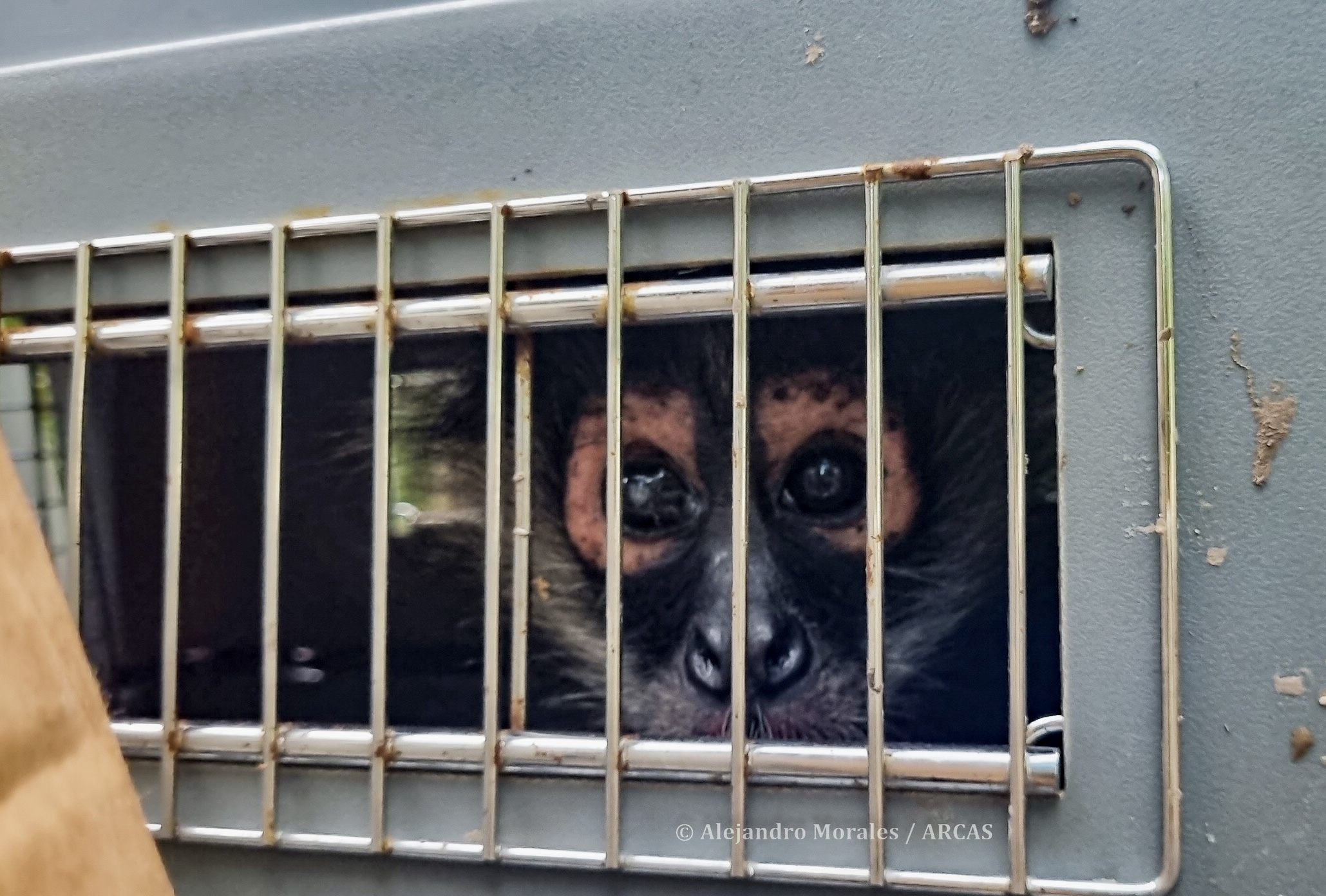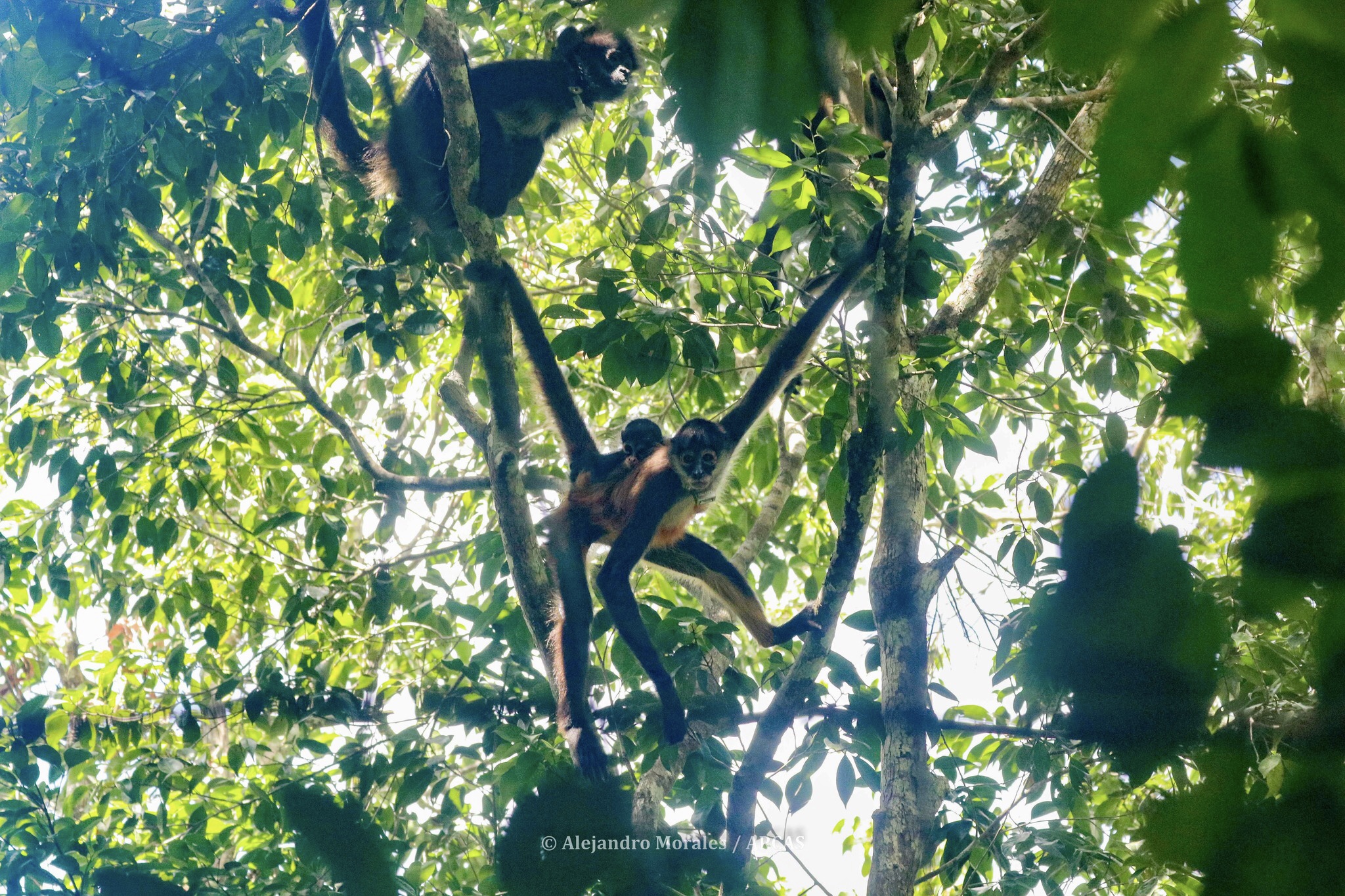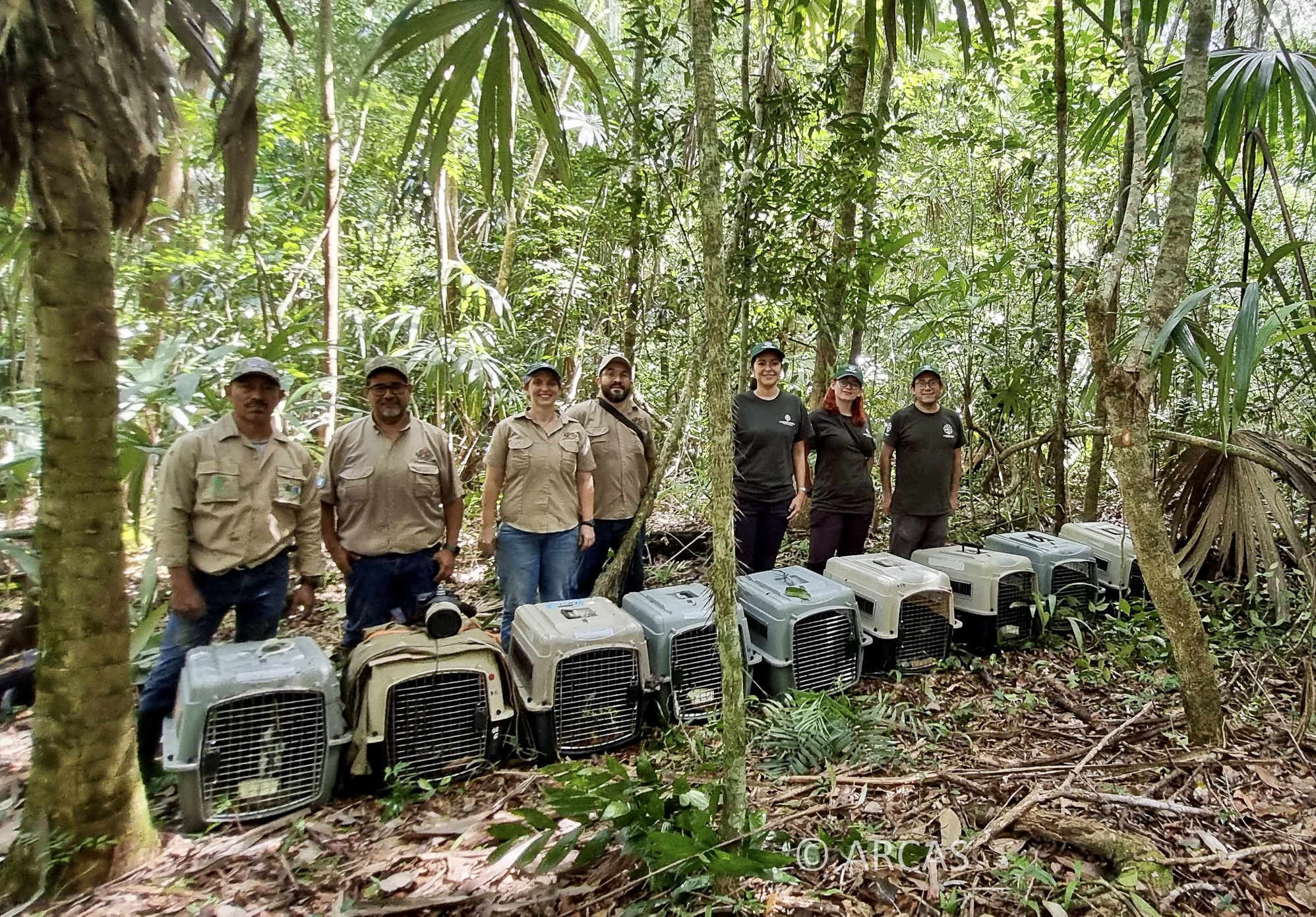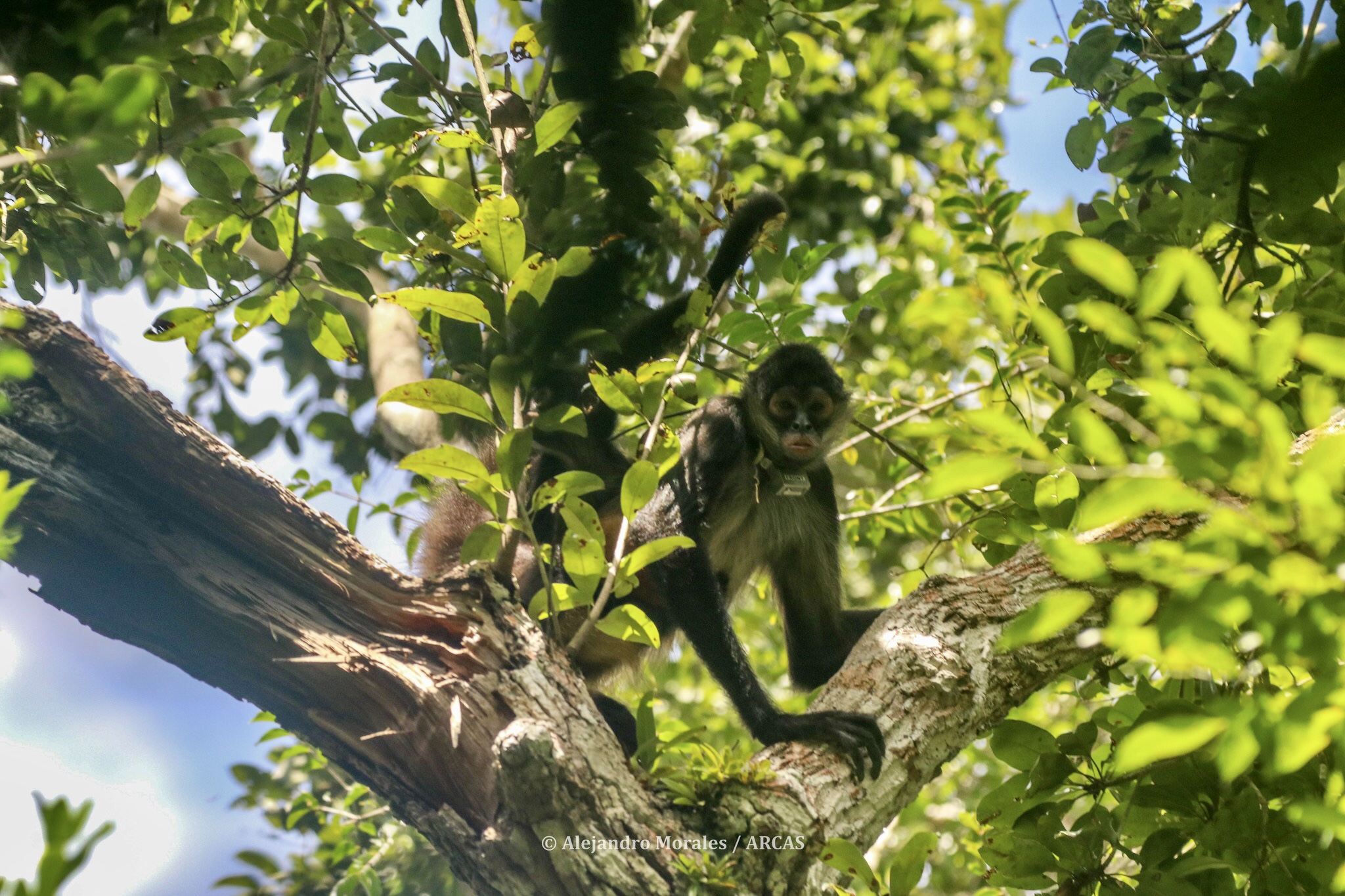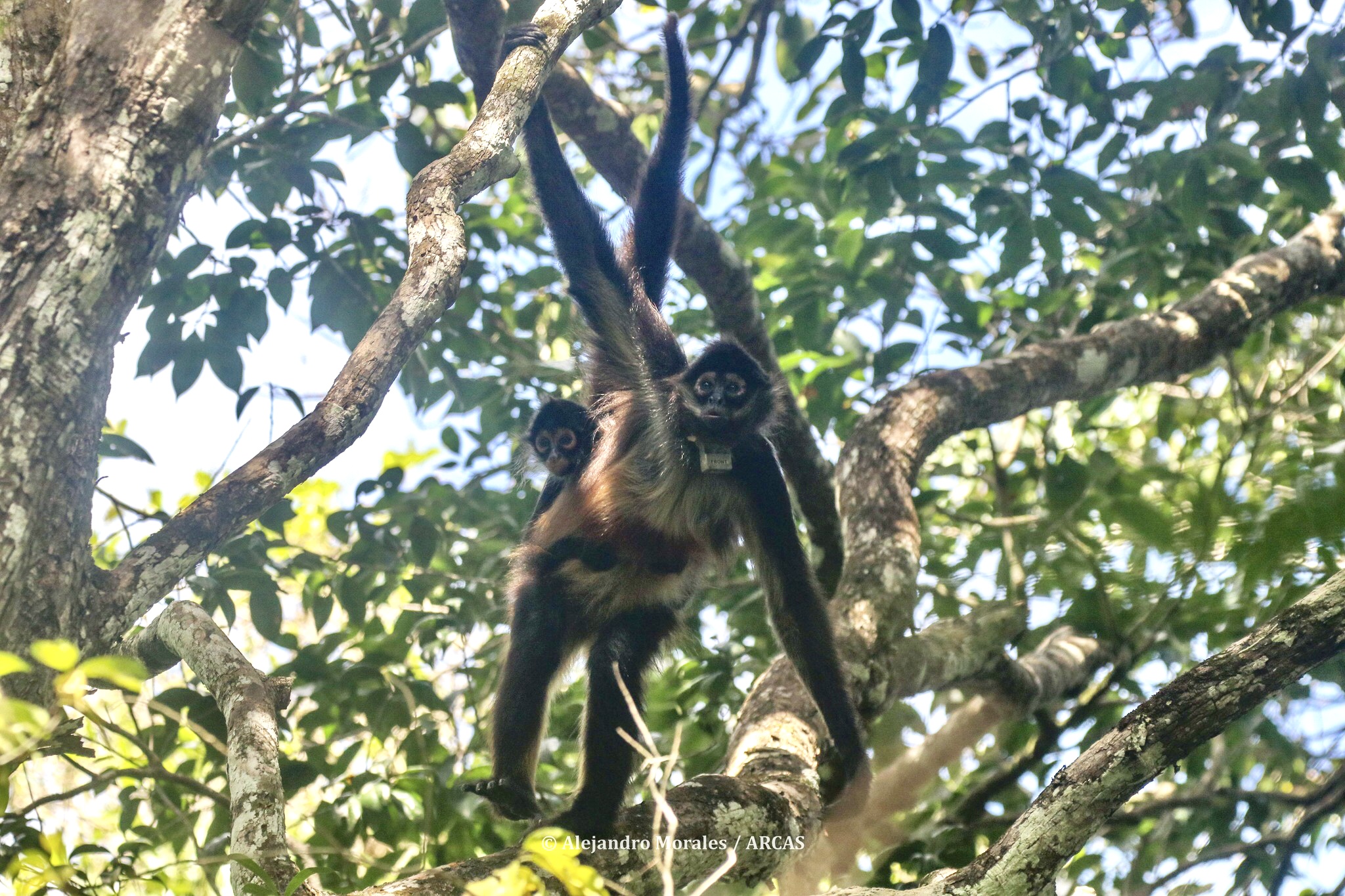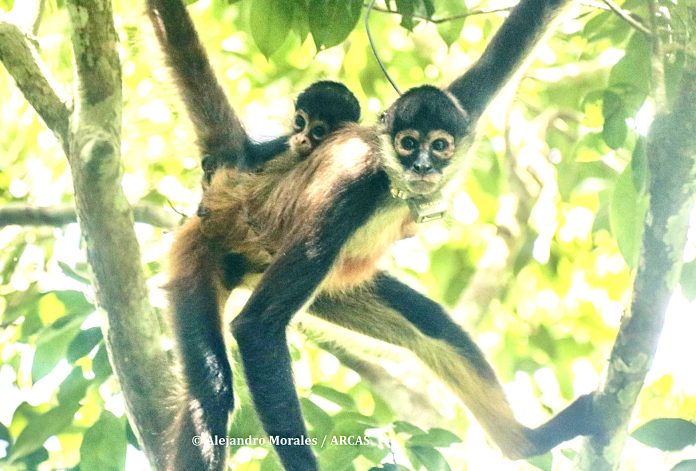
Breaking! 13 Spider Monkeys Rescued From Illegal Wildlife Trafficking Are Released Into A Protected Forest In Guatemala
By Lauren Lewis
You can help all animals and our planet by choosing compassion on your plate and in your glass. #GoVeg
RELATED ARTICLES
Banning Cruelty: New Legislation Aims To Ban Octopus Farming In The U.S.
New bipartisan legislation has just been introduced in the U.S. to ban commercial octopus farming and prohibit imports of farmed octopus from foreign countries.
The...
Outrage In Yellowstone! Grizzly Bear Killed By Wildlife Officials & Left With Head & Paws Cut Off
Photo by: Trisha McFarland / Cowboy State Daily
A photo of a dead grizzly bear with its head and paws cut off has caused an...
Inside Florida’s Illegal Horse Meat Trade: Undercover Footage Shows Racehorse Being Shot & Butchered
A heart-wrenching discovery of illegal horse slaughter has emerged, with video footage exposing the tragic killing of a racehorse named 'Funny Biz,' who was...
Popular stories
News
Heartbreaking News! A Chimpanzee Escaped From The Attica Zoological Park In Greece & Was Tragically Shot & Killed Over The Weekend
The chimpanzee in the photo is not the one that was killed over the weekend.
WAN is heartbroken to report that a 27-year-old male chimpanzee...
International News
A Historic Win As Spain Announces Plans To Ban The Hunting Of Wolves To Protect The Last 1,500-2,000 Remaining In Spain
Animal welfare groups worldwide are elated after Spain announced plans to ban the hunting of wolves.
All wolves in Spain are now listed as...
Breaking News
Undercover Investigation By Lady Freethinker Exposes Shocking Cruelty In Dog & Cat Meat Trade In Vietnam
Photos by Lady Freethinker
A new undercover investigation by animal protection group Lady Freethinker into the dog and cat meat trade in Hanoi, Vietnam, reveals...

